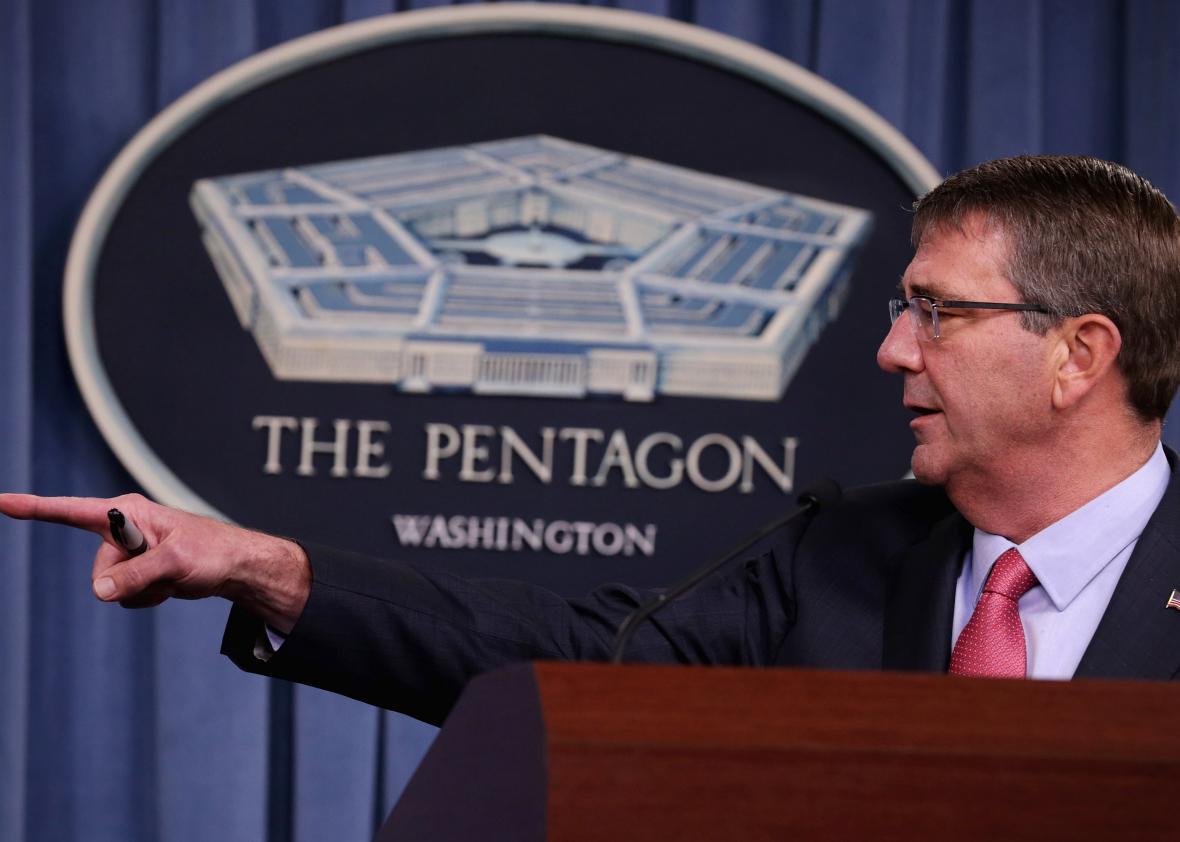The Pentagon announced on Wednesday that it was halting a program that was clawing back improperly administered bonuses from thousands of enlisted and formerly enlisted men and women.
The move is a victory for veterans advocates after a blockbuster report by David S. Cloud in the Los Angeles Times on Saturday revealed the program, which was aimed at recovering widespread overpayments by the California Guard that were meant to entice people to join during the height of the Afghanistan and Iraq wars.
About 9,700 soldiers, many veterans of those wars, had been asked to pay bonuses back and many had begun to do so. Cloud chronicled some of the struggles of those veterans to fight to keep payments that they had been given wrongfully through no fault of their own and that had served as an inducement to get them to join the armed forces in a time of great need for the country.
After pressure from lawmakers in Washington, Secretary of Defense Ashton Carter announced on Wednesday a suspension of the program. The Pentagon would not be offering a blanket allowance of all soldiers to keep their bonuses, but would be examining things on a case-by-case basis and would be returning bonuses to some of those soldiers who had already paid back money that the Pentagon said they had been wrongfully given.
Cloud had reported that the recoupment effort had already brought back more than $22 million to the Department of Defense at the time of his article’s publication, and it was unclear how the Pentagon would determine who to pay back what. Carter announced that a team of senior Defense officials would be crafting by Jan. 1 “a streamlined, centralized process that ensures the fair and equitable treatment of our service members and the rapid resolution of these cases.” The deadline for resolving the cases would be July 1, 2017, Carter added.
Peter Levine, the acting undersecretary of defense, will lead the process. He told reporters that the reason there would be no blanket give-back, which some in Congress have pushed for, is that it would set a bad precedent and that some of the soldiers were asked to give back money for legitimate reasons such as not completing their enlistment contracts.
“If we make an exception for the person in California who did not meet their service obligation, why would anybody meet their service obligation in the future?” he said.
Cloud documented how some soldiers had their credit scores badly impacted by the debt collection induced by the Pentagon, but Levine announced that there was nothing that the Department of Defense could do about that.
“Each case is going to need to be evaluated on its own merits,” he added. “We need to set up criteria to determine which cases we need to review and how many should be off the table.”
